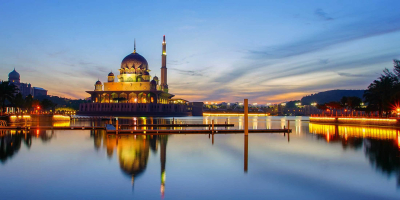Top 8 Slovakia Culture, Customs and Etiquette
Should you remove your shoes when visiting friends? Should you greet those on elevators with a smile? When thinking about the dos and don'ts in your own ... read more...nation, these questions might not seem like the most obvious ones, but things that you might not even consider at home can have a major impact abroad. Here is a list of Slovak Culture, Customs and Etiquette.
-
Slovakians are descended from Slavic groups that arrived in the Danube basin in the sixth and seventh centuries. Slovaks historically belonged to what can be called the "peasant class." Even now, they still have ties to the land and the planet. Some industrialization was carried out during the communist era, and contemporary civilization and folk traditions are both present in Slovak society today.
New freedoms brought about by the political changes of 1989 have significantly broadened the population's societal outlook, but many cultural movements are still in their infancy, which has led to a large portion of the elderly population still living in rural areas and being dependent on agriculture.
Slovakia attained independence on January 1, 1993, and the UN and its member nations recognized this development. Many of the practices, regulations, and norms were still heavily impacted by previous rulers, including the Czechs, Hungarians, and Austrian Habsburgs, even if some components of the society already had a distinctive national character, such as the language.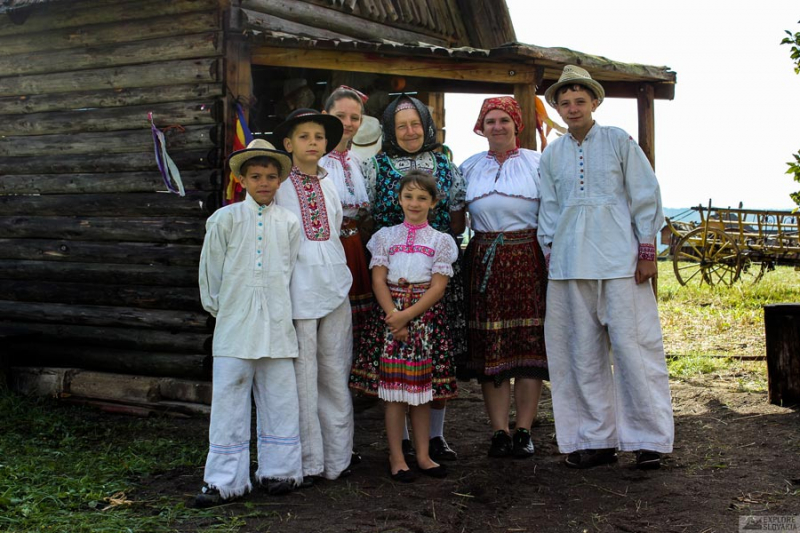
https://pesareantilem3.blogspot.com/ 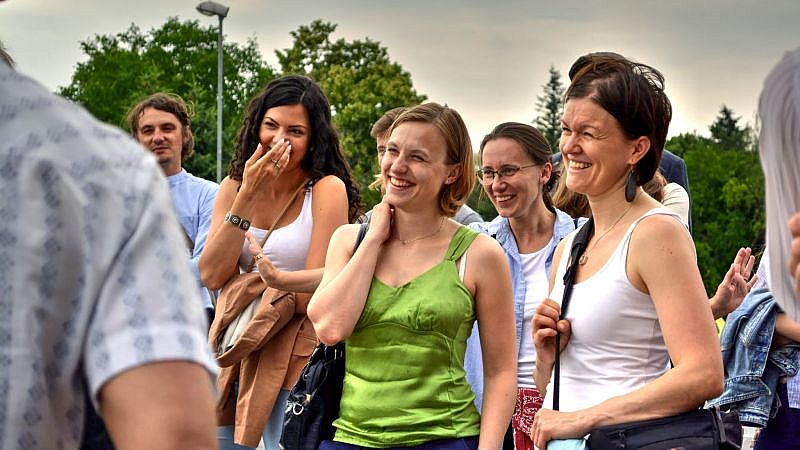
https://timeforslovakia.com/ -
Warm yet restrained greetings are given. A handshake, direct eye contact, and the appropriate welcome for the time of day will be the most typical greetings: The proper salutation is "dobry den." Early in the morning, "dobre rano" is used, while "dobre popoludie" is only occasionally used; "dobry den" is preferable. "Dobry vecer" is used after 18.00, and then "dobru noc" signifies good night. Among friends, the informal salutation "ahoj" (hello) is frequently used.
The honorific titles "Pan" (Mr.) or "Pani" (Mrs.) and the person's last name are typically used to introduce people. The honorific title and first names may be used to address one another among close friends. Never call anybody by their first name without their invitation.
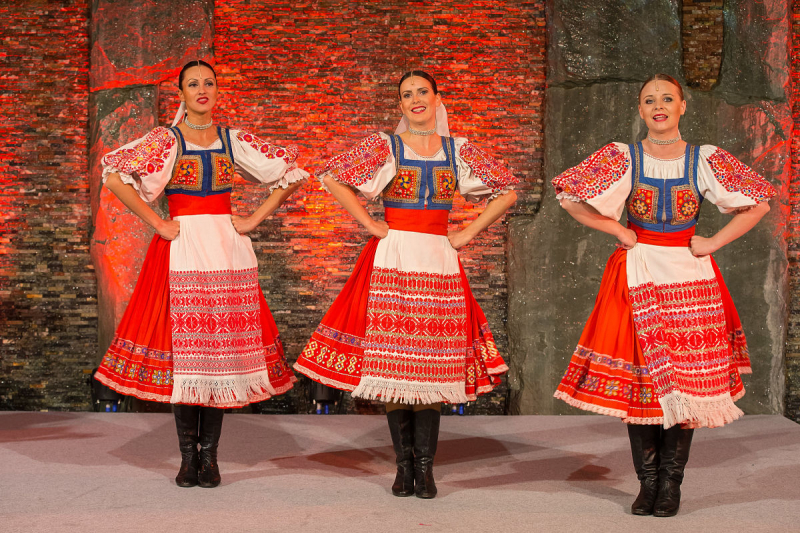
https://www.commisceo-global.com 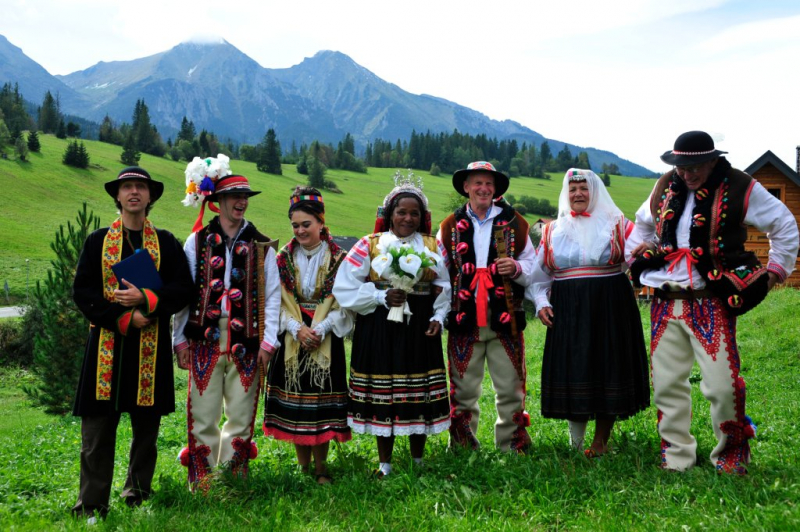
http://www.adventoura.eu/ -
Slovaks typically host parties in restaurants, wine bars (known as "vinárne"), pubs or taverns, and occasionally in their homes. Only immediate family and close friends are typically permitted entry into the house because it is deemed private.
If a Slovak invites you to their home, at the door, you should take off your shoes. Be on time; promptness is appreciated. Respect your hosts by dressing nicely, i.e., as if you were going to work. Try to avoid bringing up business in social settings unless your host does so. Any hospitality you receive should be returned to further a connection. In Slovakia, table manners are formal. Continental table manners dictate that you should eat with your knife in your right hand and your fork in your left hand.
When the host says "do brou chut," you can start eating. Still folded, the napkin is placed next to the plate. You don't unfold it and place it on your lap. It is courteous to decline the first offer of a second serving; you should only accept extra if the hostess pushes. "na zdravie" is the most popular toast (to your health). You must be sure to direct your attention to the individual receiving the toast. When dining at home, especially when the food is freshly prepared, it is customary to finish everything on your plate.
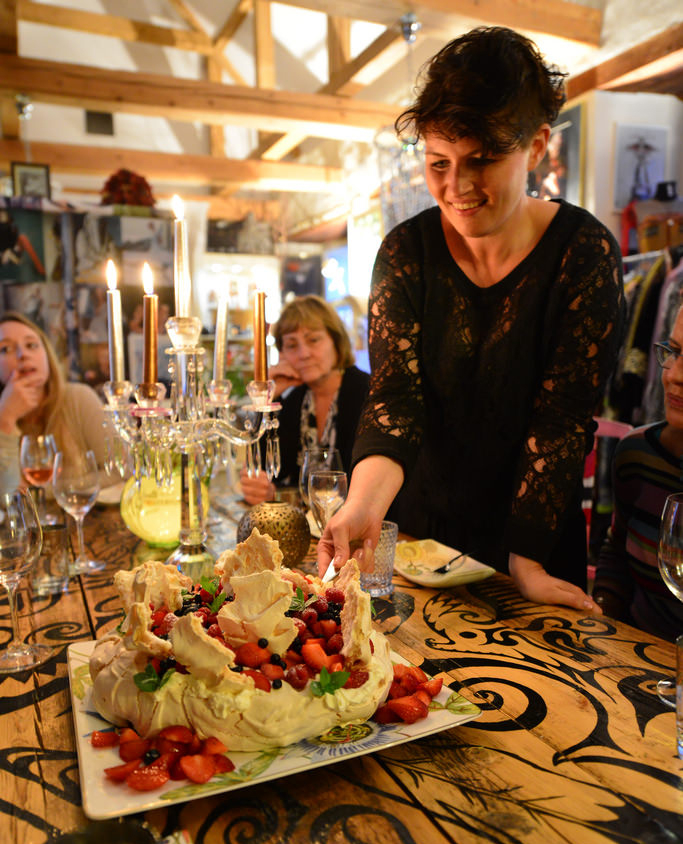
https://globalroadwarrior.com 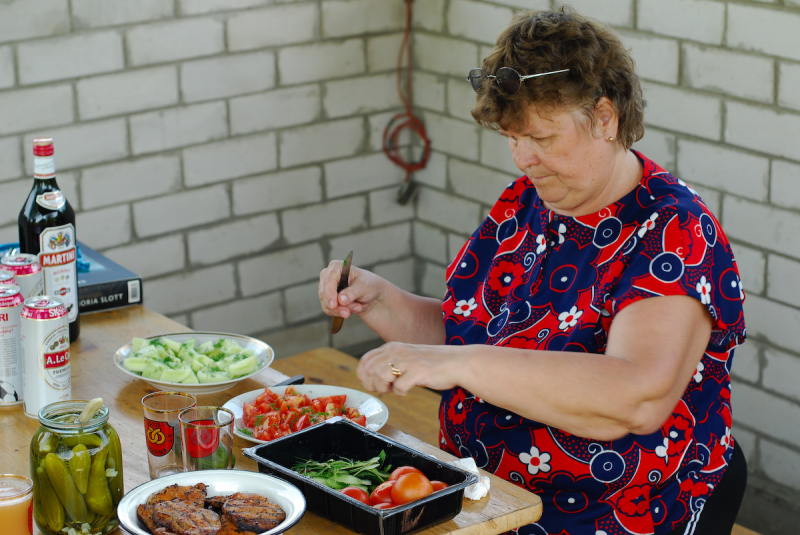
https://www.atozworldfood.com/ -
Although Slovakia values direct communication, there is also a focus on carefully crafting what is said to ensure that information is conveyed in a sensitive manner. The degree of a relationship will frequently dictate how straightforward a person is. Diplomacy will be heavily emphasized in freshly formed and more official partnerships. However, after the earliest stages of a relationship have gone, people feel more at ease being open with one another.
Given how much tradition is treasured, it is frequently beneficial to provide some historical background or context before a meeting or new program is introduced. Slovaks don't require a ton of previous knowledge to feel comfortable moving forward with a deal, but they do need some information and may ask questions until they feel at ease and can do so successfully. Body language, posture, and tonal delivery are crucial additions to the spoken word, emphasizing certain phrases or giving them new significance.
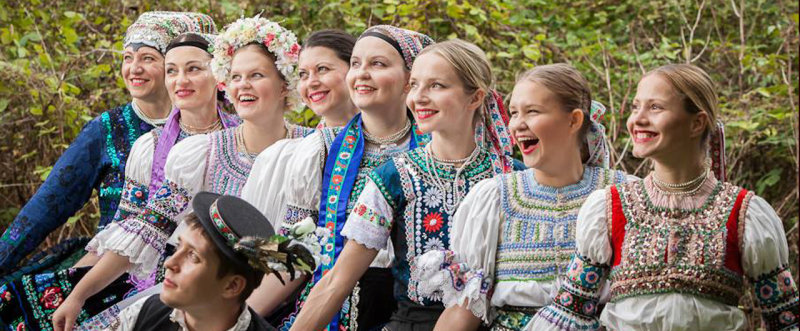
https://since1867.ca/ 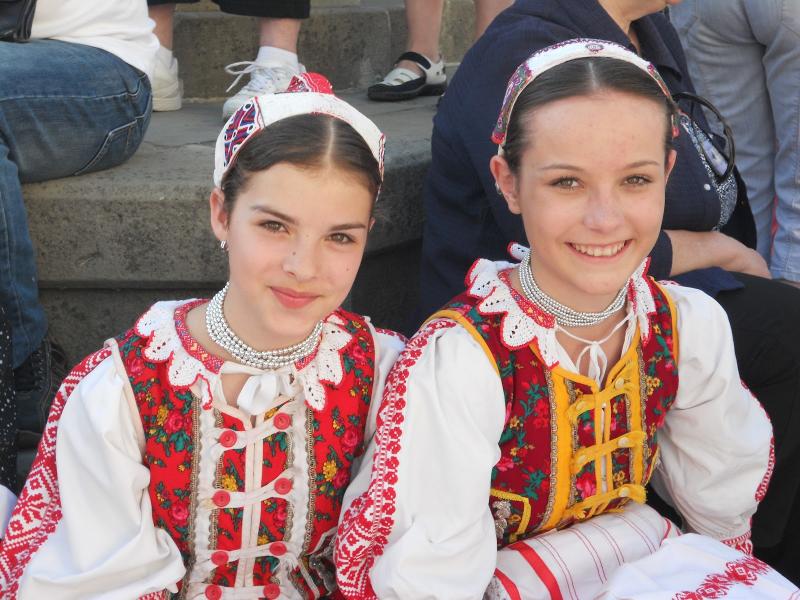
http://scottsojourn.blogspot.com -
Slovakia has a wide range of organizational cultures, but generally speaking, the meeting is run by the person with the most authority present, who determines the agenda, the substance, and the speed.
Instead of brainstorming or having a discussion, the goal is typically to convey information and conclusions that have already been decided.While facts and figures may need to be backed up or clarified, employees are rarely requested to work together. In Slovakia, meeting schedules are not very rigorous. There may be an agenda, but it only serves as a framework for the conversation and a jumping off point for more business concepts.
There may be some time in the meeting devoted to talking about things other than business because connections are so valued in this culture.There may be some time in the meeting devoted to talking about things other than business because connections are so valued in this culture. Meetings will continue until a natural conclusion is reached since finishing a meeting satisfactorily is prioritized over saving time.
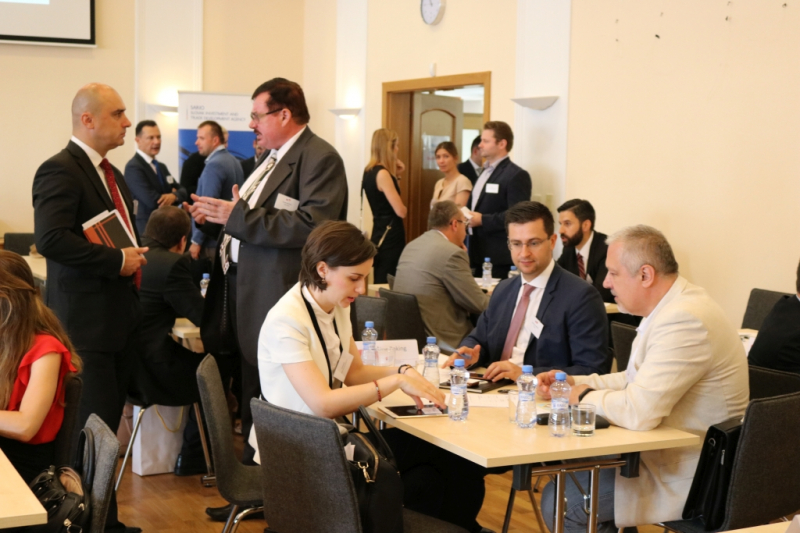
https://www.sario.sk/ 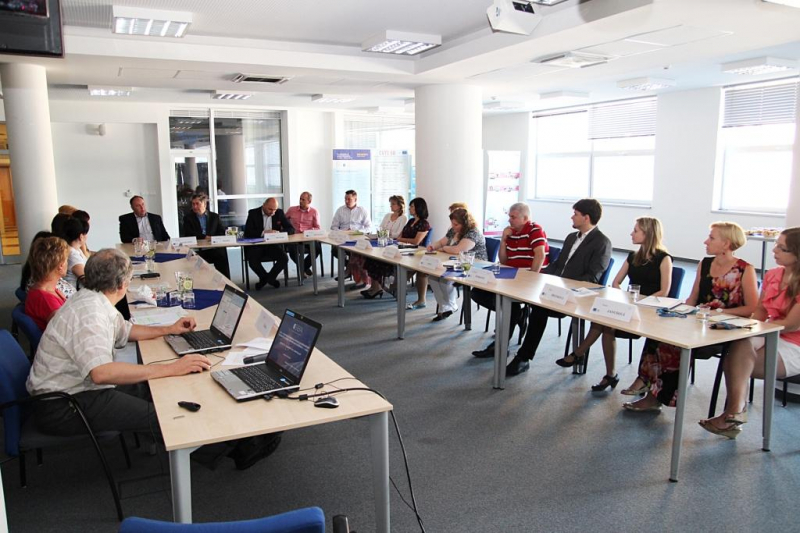
http://www.sbagency.sk -
Much of Slovakian culture is comprised of folk customs that have been shaped by the country's location in Central Europe. The nation and Austria, Germany, Poland, Hungary, and Ukraine have comparable cultural traditions.
The Slovaks are amiable and tranquil citizens of a free democracy. There isn't a single subject that might lead to conflict or actual enmity. Typically, the worst that might happen is that you'd be viewed as a little bit obnoxious and given the history lesson over another beer. However, it pays to exercise sensitivity and decency while talking about some subjects.
While Slovaks generally round up tips to the closest euro or two, it's polite to tip 10% if you're a visitor. When meeting new individuals, extend a handshake and avoid addressing older people by their first names. Only close friends should use informal greetings like ahoj. Make a toast (na zdravie) before beginning and wish your fellow diners a good meal (dobr chu). Even if you are advised not to (they are simply being polite), you must remove your shoes at the door if you are asked to a Slovak home. If you are invited to eat, bring wine or chocolates.
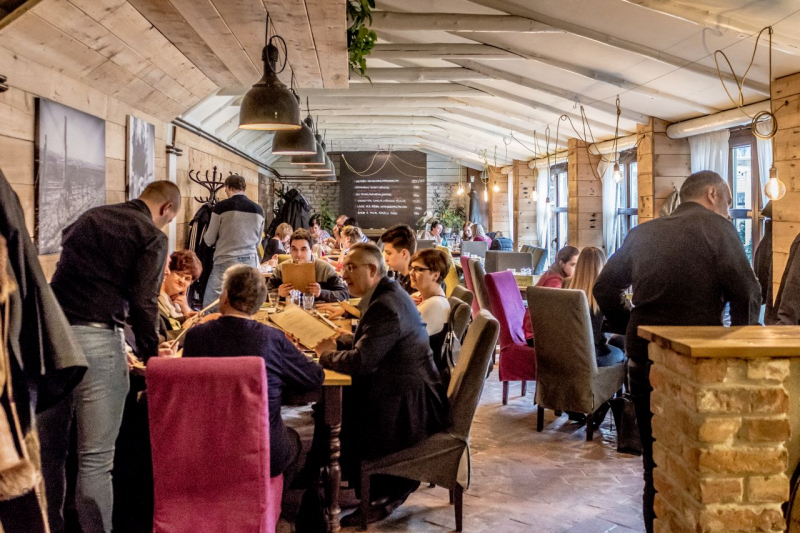
https://dailynewshungary.com/ 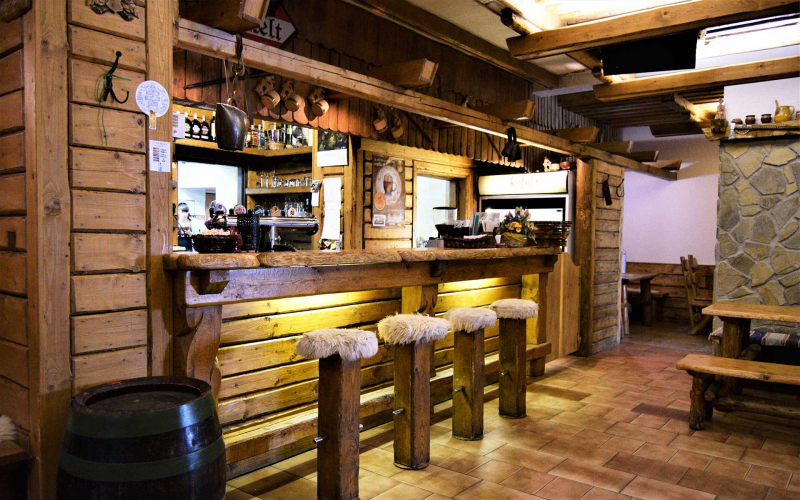
https://www.hotel-diery.com/ -
Since the breakup of Czechoslovakia into the Slovak Republic and the Czech Republic in 1993, Slovakia has existed as a separate state. It is also a "young nation," as it has spent the majority of its history as a component of other multinational governments like Austria-Hungary or Czechoslovakia. Consequently, certain persons could be sensitive to concerns relating to nationality.
When it comes to the Velvet divorce that divided Czechoslovakia, there is no animosity or bitterness, and the two countries continue to have excellent relations. You should be fine as long as you avoid referring to Slovakia as an element of another state. When speaking to nationalists, it is preferable to steer clear of the complicated subject of Slovakia's role during World War II. Similar to how the years of Communism had an impact on the nation, this can be a touchy subject.
Although Slovakia was once a part of the Soviet Union, neither the USSR nor the Russian Empire have ever been a part of it. Please keep this in mind. The relationship with the Roma/Gypsy minority is one of the more pressing topics, and people may have strong opinions on the matter. Never engage in a discussion about a topic unless you are well-versed in it.
https://www.iexplore.com 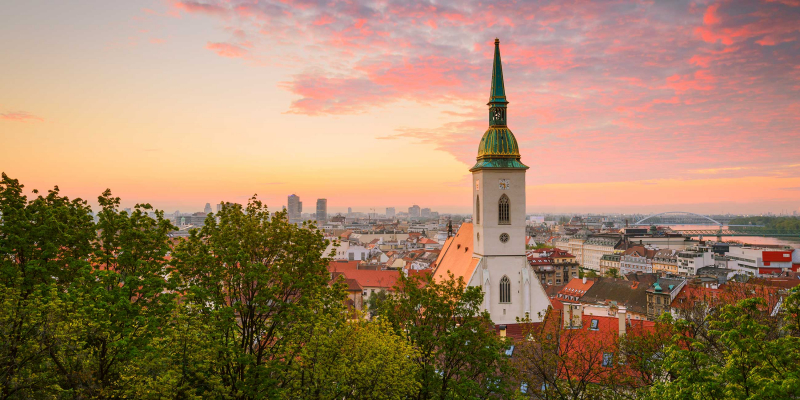
https://www.trafalgar.com/ -
If a Slovak invites you into their home, you can anticipate being well taken care of and receiving a choice of food and drinks. Slovaks are very welcoming people. Due to the fact that lunch is typically the biggest meal of the day, if you are welcomed in for lunch, expect a three to four course meal, exactly like for dinner.
It is customary to bring a token present for the host, such as a tiny bouquet, a bottle of wine or liquor, a box of chocolates, or a decent spirit, but never cash. For hygiene reasons, most people don't wear their outdoor shoes inside, therefore remove your shoes in the hallway before entering someone's home. They will locate an extra pair of slippers for you to keep your feet toasty, so don't be concerned.
It is traditional for the host's family to choose the check when you go out to eat with them. This might not occur, but if it does, don't be shocked. It is normal to give each other one or two cheek kisses (depending on the location) instead of shaking hands upon meeting someone for the first time, even if they are the opposite sex. While it is relatively typical for women, it is uncommon amongst two men. Remember that this is not a sexual gesture, so don't be startled.
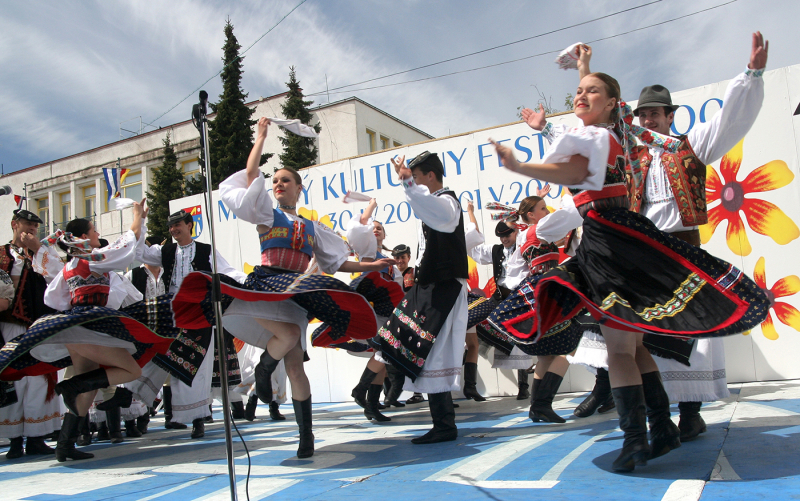
https://slovake.eu/ 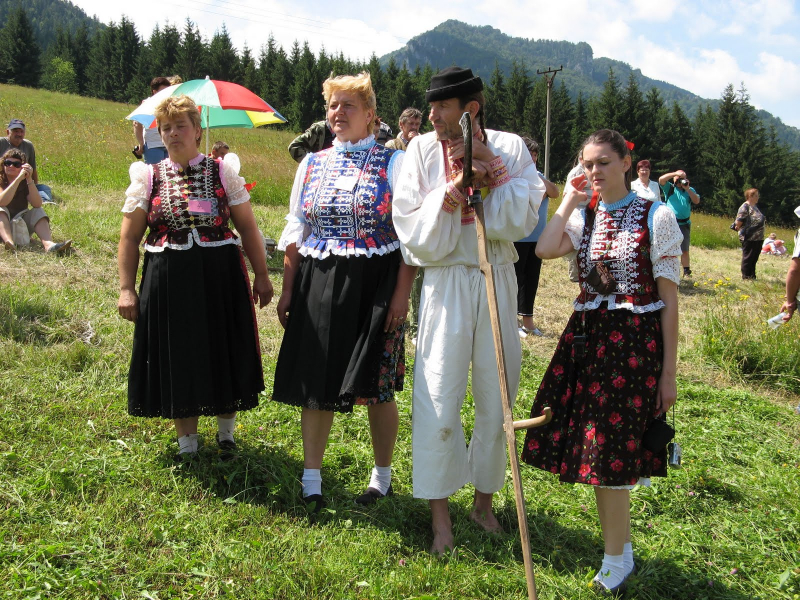
https://slovakoczechia.blogspot.com/




























